
Debating Ideas is a new section that aims to reflect the values and editorial ethos of the African Arguments book series, publishing engaged, often radical, scholarship, original and activist writing from within the African continent and beyond. It will offer debates and engagements, contexts and controversies, and reviews and responses flowing from the African Arguments books.
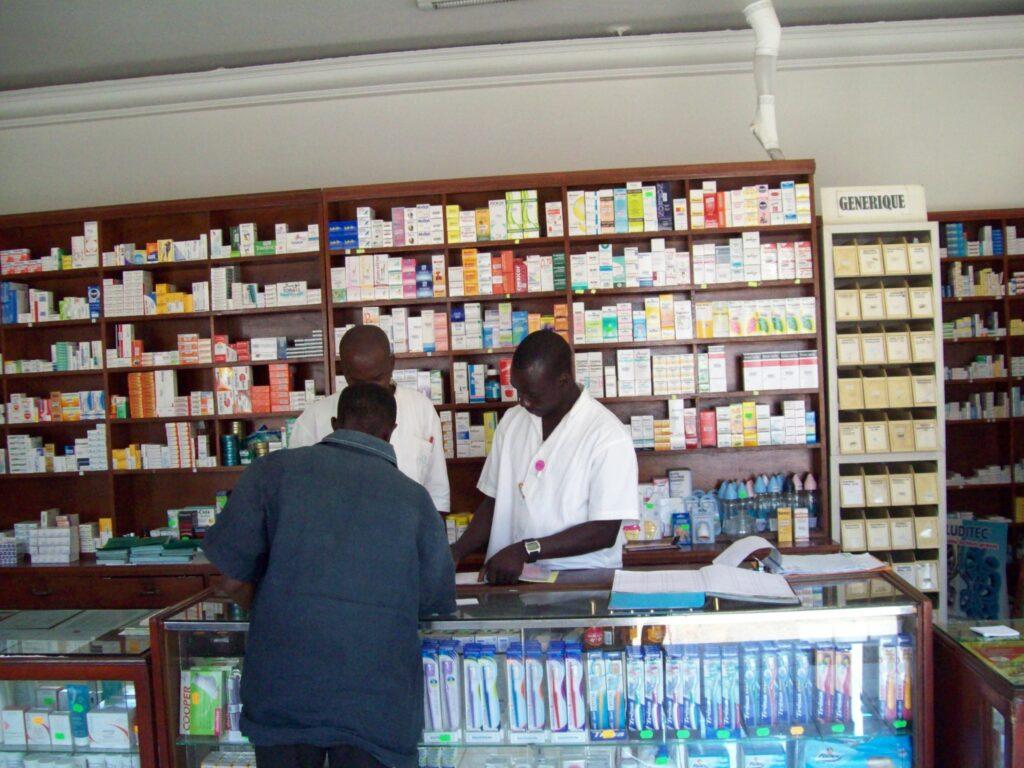
Pharmacie Cayor in Thiès, Senegal. The photo is attributed to my former Research Assistant: Brahima Ouattara.
As chronicled in Pharmacy in Senegal, Dr N’deye Toutane Ngom, the pharmacist-owner of Pharmacie Pasteur, pondered what Senegal would do if France embargoed pharmaceutical exports. Until several years ago, drugs from France and other Western countries virtually monopolized the Senegalese pharmaceutical market. Even today, the majority of drugs in Senegal are imported. With rising infection rates, no local Covid-19 vaccine production and slowing imports, her comments foreshadowed the situation that Senegal finds itself in during this Covid-19 pandemic.
At the time I spoke with Dr Ngom, 85 percent of the pharmaceuticals sold in Senegal originated in France, 5 percent originated in other countries (mostly in the West and Morocco), and only 10 percent were produced in Senegal. The dependence of Senegal and other African nations on foreign drugs has always been concerning. Yet it has become even more worrying since the Covid-19 pandemic began as 99 percent of all vaccines on the continent are produced abroad. Senegal is one of the few countries in Africa to produce any kind of vaccine: with a vaccine for yellow fever and an anti-malarial vaccine. Thus, Senegal, like most African nations, has been dependent on foreign manufacturers to supply Covid-19 vaccines. In Senegal, Covid-19 vaccines have been provided primarily by COVAX and Chinese drug suppliers. The supply of COVAX vaccines to Senegal, like elsewhere, was already slow but has also been severely impacted by the surge of Covid-19 infections in India. When India became the epicentre of this pandemic, Indian authorities redirected distribution networks to respond to intra-country surge and COVAX shipments abroad stalled. That redistribution, along with the spread of the Delta variant, helped contribute to the third wave of infections that have spread through the African continent.
Earlier in July, I listened to a discussion organized by Senegalese medical professionals. It was prompted by the rise in the number of daily cases in Senegal, dramatically risen to 367. To those in much of the West, these numbers might seem insignificant, but in Senegal they are concerning. Until a few weeks ago, Senegal had been one of the bright spots on the African continent, and in the world altogether, in terms of its Covid-19 response. However, between 1 July and mid-July 2021, the positivity rate doubled. At the time of writing, the positivity rate has increased further. It appears that the spread of the more infectious variant coupled with a largely unvaccinated (1.6%) population and rising community transmission has led to this rise. Senegal continues to take a fairly comprehensive approach to testing, tracking, and containment that it has employed throughout the pandemic.
For instance, on 1 July, Senegal tested 2,024 people with 135 Covid-19 tests, and the positivity rate was 6.67 percent. By 14 July, there were 754 positive tests, with a positivity rate of 26 percent. Senegal continues to employ a number of public health measures but without adequate access to meet vaccination needs and demand they cannot fully slow the surge. The most alarming numbers came on 17 and 18 July, when Senegal reported 1,366 and 1,722 positive cases, respectively, registering an increase in positivity rates to more than 35% in these two days. Since then, the number of positive cases has somewhat declined but they are averaging mostly between 700-900 new cases a day.
France has never embargoed pharmaceutical shipments to Senegal, but is this enough under the current circumstances of contagion and pandemic persistence? In February and March 2020, Senegalese people sent masks, pharmaceuticals, and other medical supplies to friends and family in the United States, France, and other countries facing surges in Covid-19 cases. This led to a reduction in local supplies, particularly as PPE was redistributed and restricted globally as the pandemic surged. It is time now for the West to return the favour and there are a number of ways to help. To begin, COVAX manufacturers and distribution could be expanded in countries with existing production but also expanded to new suppliers and into new countries. President Biden’s pledge for vaccine diplomacy needs to be scaled up, and done so rapidly. While the United States sent some early batches of vaccines to Mexico and Canada, it is now working with GAVI and the African Union to begin vaccine shipments to the African continent. The first set of vaccines deliveries went to Ethiopia and Djibouti. On 20 July, the USG coordinated a delivery of 151,000 vaccines to Senegal and others to Burkina Faso. While this is a start, the need is so much greater. Presently, more than 18 months into the pandemic, only 1.6% of Senegal’s population has been vaccinated. Similarly, across the continent, most countries vaccination rates are less than 2%. A number of factors contribute to these low vaccination rates but they are largely due to the dearth in Covid-19 vaccine availability throughout the continent. Of course, too, there is some reticence in some communities and a few governments who have downplayed the gravity of the pandemic. However, even in countries with some vaccine hesitancy, in many cases, there is a larger number of citizens who are seeking vaccinations.
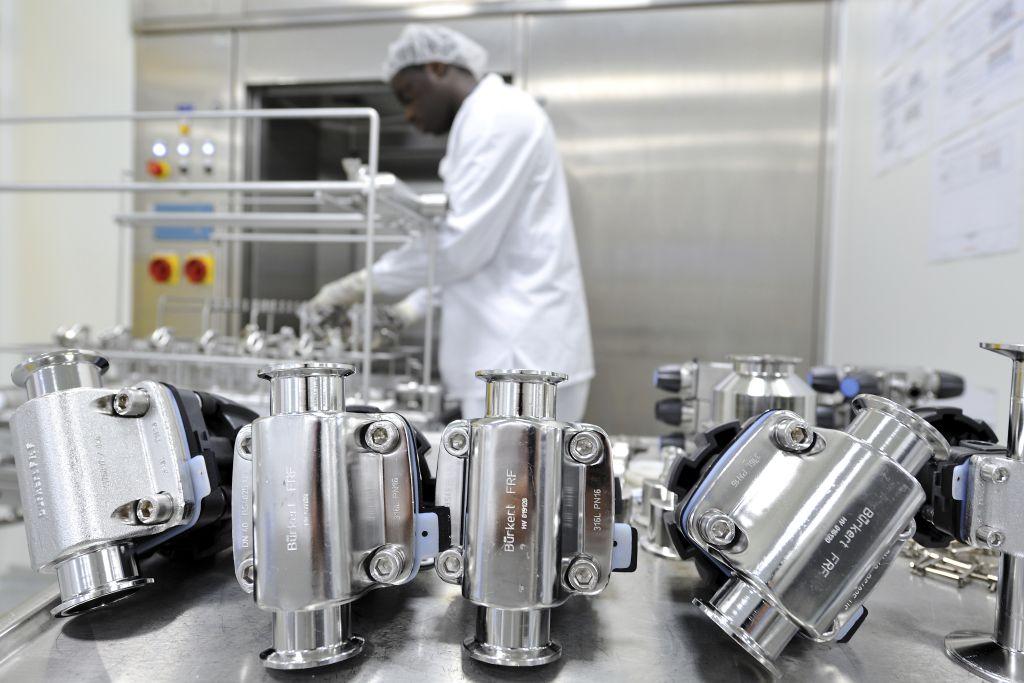
“Vaccine Production” by Sanofi Pasteur. Source: CreativeCommons.org
When it is possible for African countries to purchase vaccines, it is much easier to buy vaccines from Chinese or Russian manufacturers. Many countries outside the West have had great difficulty buying Pfizer and Moderna vaccines. This trend continues, amid the waste of unused vaccines in the United States and Canada. If these are the most efficacious Covid-19 vaccines, why are they not more readily available globally? Manufacturers have had time to scale up production, and companies such as Sanofi are helping with production of Moderna’s vaccine. In addition, vaccines such as Novavax and others that have performed well in trials should be approved for use. Scaled-up vaccine production, greater equity in vaccine donations, and increased accessibility to purchase vaccines will help stem the spread of Covid-19 in Senegal and the African continent, as well as in Southeast Asia and Latin America.
Access to vaccines needs to be scaled up quickly throughout the globe. Infections are rapidly rising not only in Senegal but also in South Africa, Brazil, Kenya, Cuba, Vietnam, and beyond. The United States, Canada, and a number of Western countries are currently storing many more vaccines than is needed to vaccinate their populations. While vaccine-rich countries negotiate with large vaccine-hesitant populations, they should share vaccines with hard-hit countries. At the very least, they should provide vaccines to as many medical professionals and high-risk populations, such as the elderly, as is possible. It is also important to note that much of the world also lacks access to mRNA vaccines like Pfizer and Moderna. This use of messenger RNA technology has so far proven the most effective against the original “Alpha” variant of Covid-19 and many of the subsequent variants.
Finally, Senegal needs support to expand its manufacturing capacity of pharmaceuticals and vaccines. To be sure, Senegal’s Pasteur Institute is partnering with Belgium’s Univercells to begin producing Covid-19 vaccines in 2023. This initiative will begin too late to respond to the third wave of infections and any subsequent surges in the next year. Senegal needs greater capacity for pharmaceutical and vaccine manufacturing now and for the future. In the interim, it needs access to efficacious vaccines for its citizens. If this pandemic has taught us nothing else, it is that public health is global health. What happens in China, Senegal, or the United States can directly impact someone across the world.


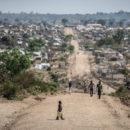
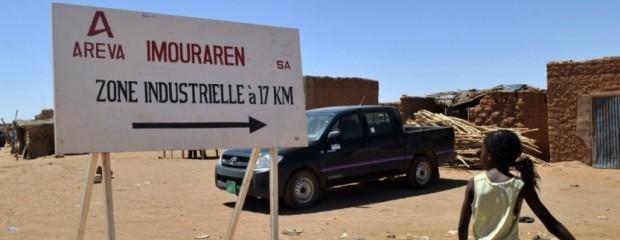
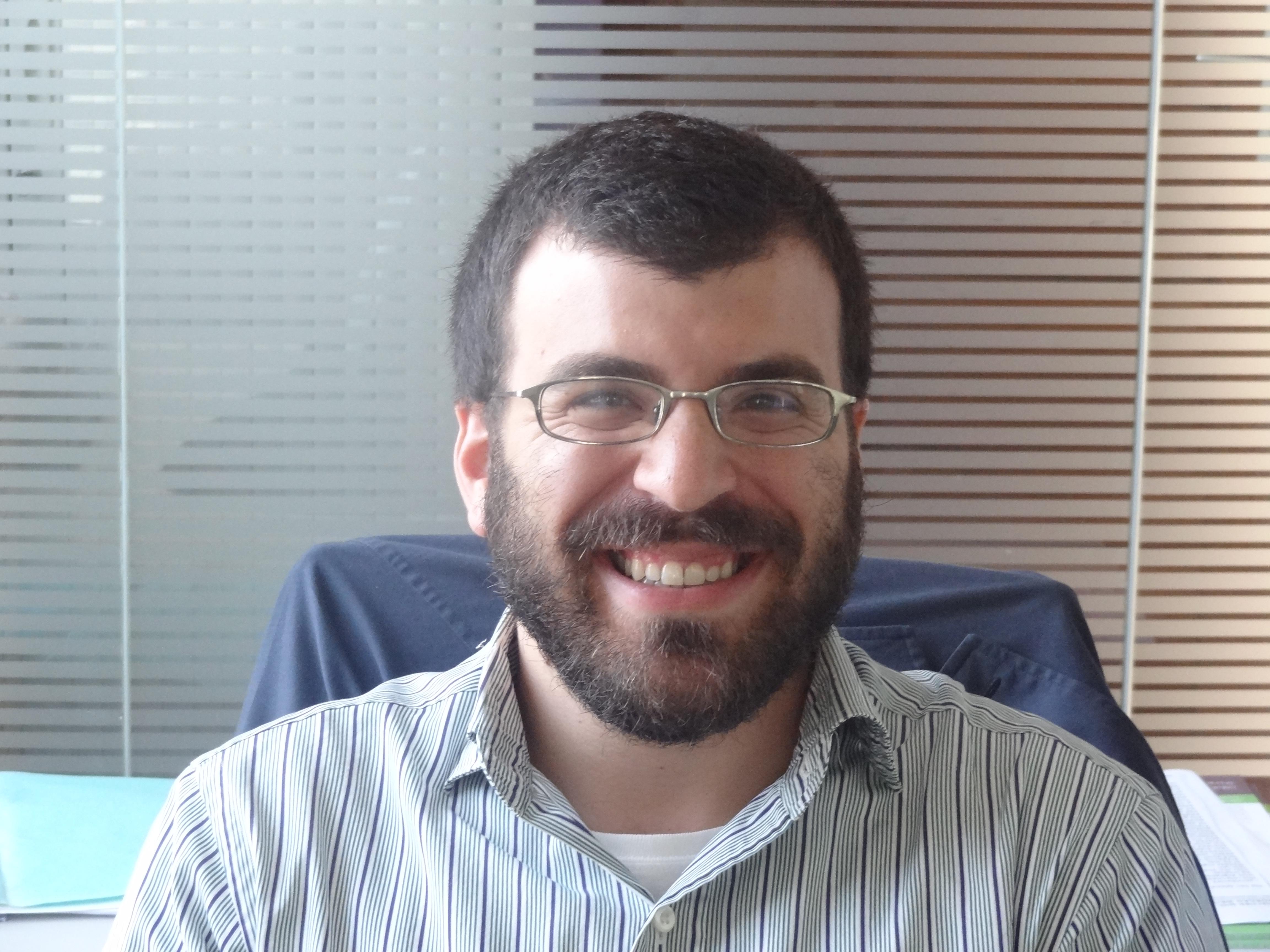


[…] Source link : https://africanarguments.org/2021/08/senegal-vaccine-access-and-covid-19/ Author : African Arguments Publish date : 2021-08-03 06:32:14 Copyright for syndicated content belongs to the linked Source. Tags: accessCOVID19Senegalvaccine Previous Post […]
[…] Senegal: Vaccine Access and COVID-19 […]